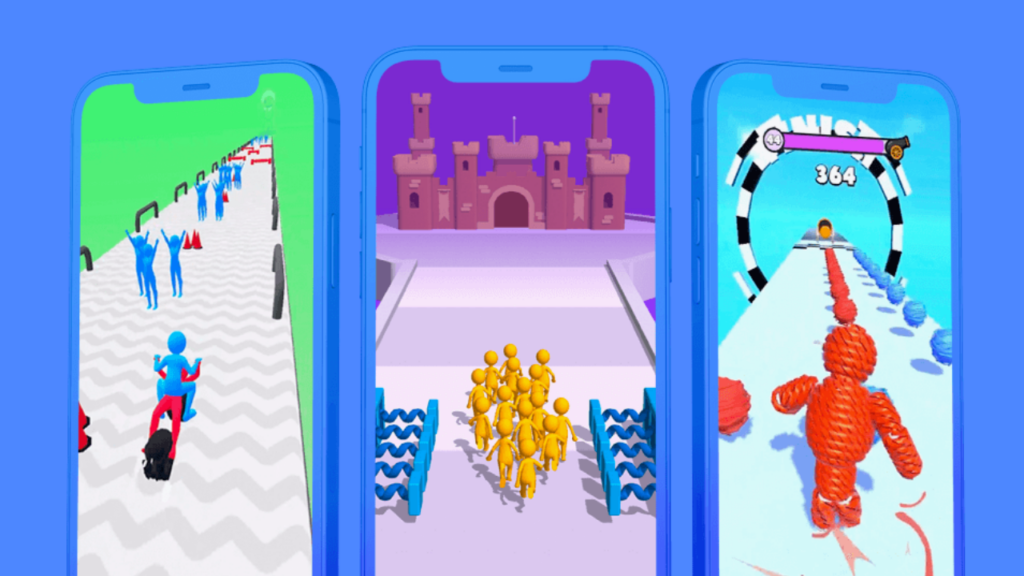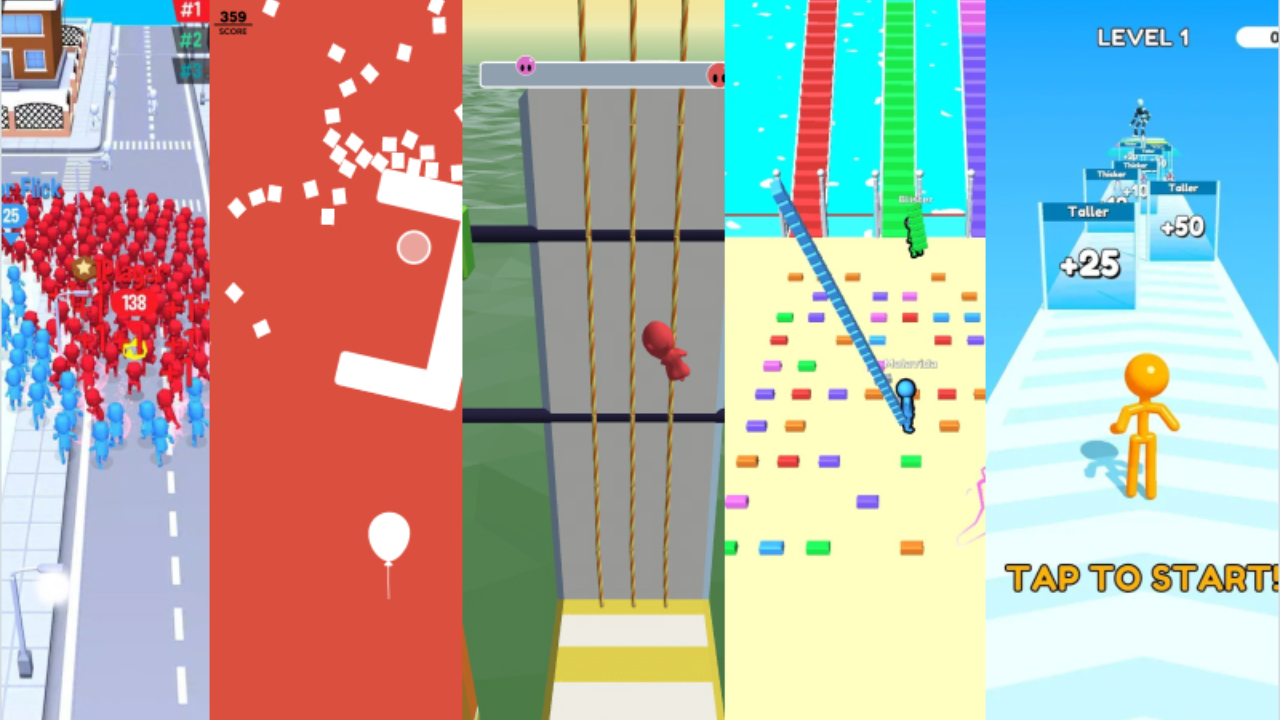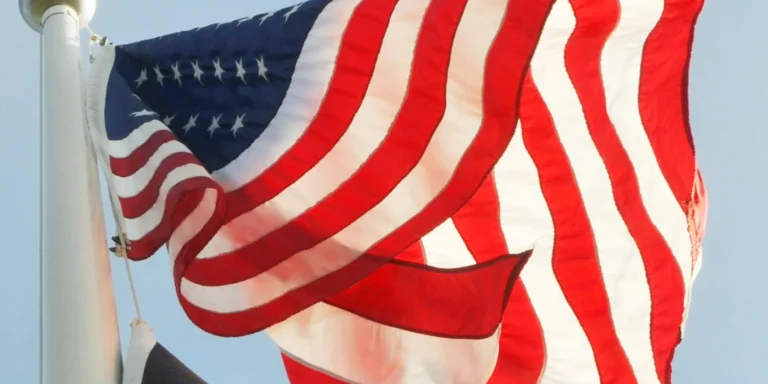There’s a trend in mobile gaming you may have noticed: super addictive and simple mobile games are dominating the top app store charts. Simon Spaull, managing director at AppLovin discusses how this new genre dubbed hyper-casual games has shouldered its way in. We noticed this trend emerging in early 2017 and dubbed these games “hyper-casual”.
Today, the hyper-casual genre is redefining mobile games and everyone wants in. But what exactly is hyper-casual and why is it so wildly successful? In short, hyper-casual games are lightweight, instantly playable, and presented in a minimalistic fashion.
They’re often addictive because their gameplay sessions are short and their mechanics are instantly understandable, allowing players to jump right in without a lengthy onboarding process. Beyond their addictive and simple gameplay, hyper-casual games offer developers a predictable monetization curve and the ability to experiment quickly.
Having a predictable monetization curve means it’s easy for developers to accurately predict exactly how much revenue their hyper-casual games will generate from ad monetization over time. These games also have quick development and test cycles, so it’s not uncommon for hyper-casual game developers to launch several games per week to see which ones stick.
Beyond their addictive and simple gameplay, hyper-casual games offer developers a predictable monetisation curve and the ability to experiment quickly.
How F2 P Paved the Way for Hyper-Casual

When the App Store launched 10 years ago, games were purchased for a one-time fee. One of the first mobile games launched by Electronic Arts, Spore Origins, cost $9.99 when the App Store arrived in 2008, but Angry Birds came along in 2009 with its 99-cent price tag and drove mobile game pricing way down, making the paid model unsustainable.
Consumers were conditioned to pay bargain-bin prices for mobile games, leading to the rise of free-to-play games that monetized via in-app purchases, and developers made most of their money from “whales”—a handful of dedicated players who were willing to pay. This strategy worked well for some developers, but it was risky because it required dependence on a small subset of players. This is when ad monetization took off, ushering in today’s era of free-to-play ad-supported games that can scale massively, like hyper-casual.
Hyper-Casual Momentum
As of this writing, 10 of the top 15 apps in the App Store’s top free games chart are hyper-casual titles. Voodoo’s Hole.io is currently the #1 free iOS app in the US. While hyper-casual games were unfamiliar to some a year ago, they’re now an undeniable force in mobile gaming, and people are taking notice.
Zynga made waves in the mobile games industry this year by scooping up hyper-casual game studio Gram Games for $250 million. Before that, hyper-casual game studio Voodoo raised $200 million from Goldman Sachs.
As of this writing, 10 of the top 15 apps in the App Store top free games chart are hyper-casual titles.
Just last week, Huuuge Games announced it was launching a publishing arm called Tap Tap Games that will focus on “hyper-casual experiences.” Huuge Games is most known for its social casino games, but the creation of Tap Tap Games is an indicator of the potential of hyper-casual.
We also recently launched a media division called Lion Studios, which helps developers publish and promote their games. Hyper-casual games like Love Balls, Weave the Line, and Ball Smasher have seen massive success, hitting the top of the App Store game charts, and showing just how popular these games are.
Gaming incumbents have also taken notice. Most notably, Ubisoft purchased mobile games developer Ketchapp in 2016. “With Ketchapp, Ubisoft acquires a highly profitable publisher with a successful portfolio of free-to-play games for mobile,” said Jean-Michel Detoc, Executive Director of Ubisoft Mobile. “This acquisition gives Ubisoft one of the world’s leading mobile game publishers and reinforces our advertising capabilities in mobile gaming.”
Now that the secret of hyper-casual is out, competition will undoubtedly be fierce. Since hyper-casual games are so simple, they will inevitably be cloned. But even with these challenges, it’s clear that hyper-casual games will continue influencing the rest of the mobile games industry.
Simon Spaull, managing director, AppLovin







+ There are no comments
Add yours